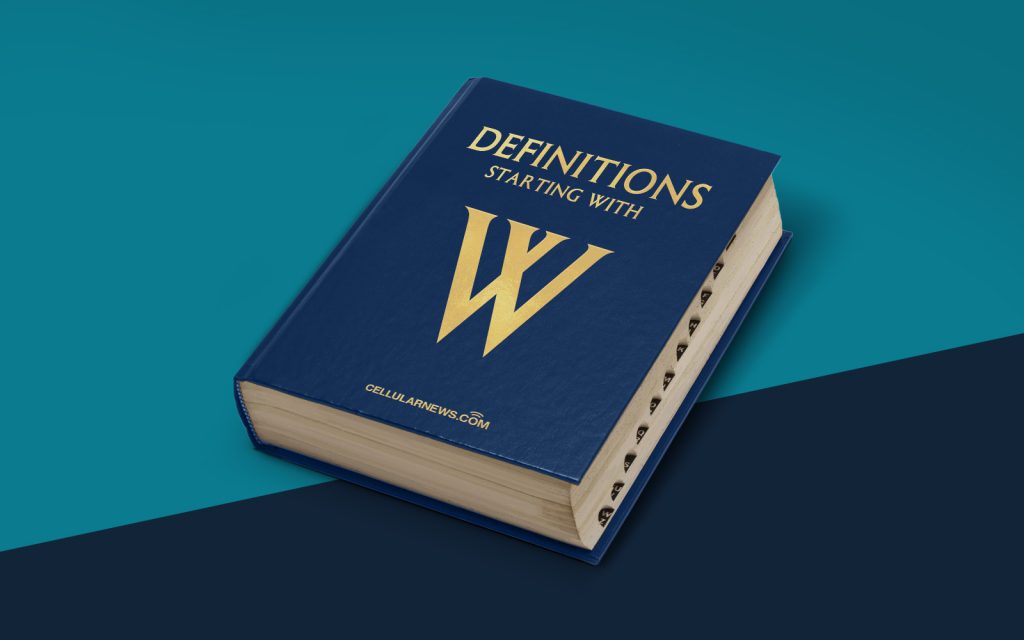
Understanding Web Filters: A Comprehensive Explanation
Have you ever wondered what a web filter is and how it works? In a world where we rely heavily on the internet for information and entertainment, it’s important to understand the role that web filters play in ensuring a safe and productive online experience. In this article, we will take an in-depth look at web filters and explore their key functions and benefits.
Key Takeaways:
- A web filter is a software or hardware device that controls and manages access to websites or specific types of content on the internet.
- Web filters analyze web traffic using content analysis, URL filtering, blacklisting and whitelisting, keyword filtering, and category filtering.
What is a Web Filter?
A web filter is a software tool or hardware device designed to control and manage access to websites or certain types of content on the internet. Think of it as a virtual gatekeeper that acts as a barrier between your internet connection and the vast world of webpages. It analyzes and filters incoming web traffic based on predefined rules and criteria, allowing or blocking access to specific websites or content categories.
How Does a Web Filter Work?
Web filters use various technologies and techniques to determine what content to allow or block. Here’s a simplified breakdown of how a typical web filter works:
- Content Analysis: The web filter examines the content of a webpage, analyzing factors such as keywords, URLs, and metadata.
- URL Filtering: The filter compares the URLs requested against a predefined list of allowed or blocked sites. This list is often configured by network administrators.
- Blacklisting and Whitelisting: Web filters often use blacklists and whitelists to determine whether a website should be accessible. Blacklists contain known harmful or inappropriate sites, while whitelists include trusted sites that are always allowed.
- Keyword Filtering: Filters search for specific keywords or phrases that are associated with inappropriate or restricted content. If a webpage contains these keywords, the filter may block access to it.
- Category Filtering: Web filters categorize websites based on content types such as violence, adult content, gambling, or social networking. Administrators can set policies to block or allow access to certain categories.
Now that you have a clearer understanding of what a web filter is and how it works, let’s explore some of the key benefits it offers:
Benefits of Web Filters:
- Security: Web filters protect users from accessing harmful or malicious websites that may contain malware, phishing attempts, or other security threats.
- Productivity: By blocking access to certain categories of websites (like social media or entertainment sites) during working hours, web filters help prevent distractions in educational and work environments, increasing productivity and focus.
- Compliance: Web filters can help organizations comply with industry regulations and legal requirements by blocking access to websites that contain inappropriate or sensitive content.
- Bandwidth Management: Filters can be used to prioritize bandwidth usage or restrict access to bandwidth-intensive activities, ensuring a smooth and efficient network performance.
- Protection for Vulnerable Users: Web filters are particularly valuable in educational institutions, protecting students from exposure to inappropriate or harmful content.
In conclusion, web filters are essential tools that play a crucial role in internet safety, security, and productivity. They help individuals and organizations control access to websites and content, providing a safer and more efficient online experience. Whether you’re a concerned parent, a network administrator, or a business owner, implementing a web filter can offer peace of mind and enhance online safety.
So, next time you’re browsing the web and come across a blocked website, remember that a web filter is at work, diligently filtering out the online noise and creating a safer internet environment.
